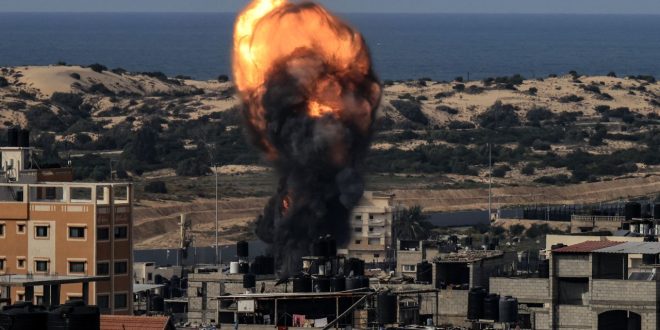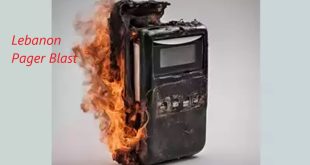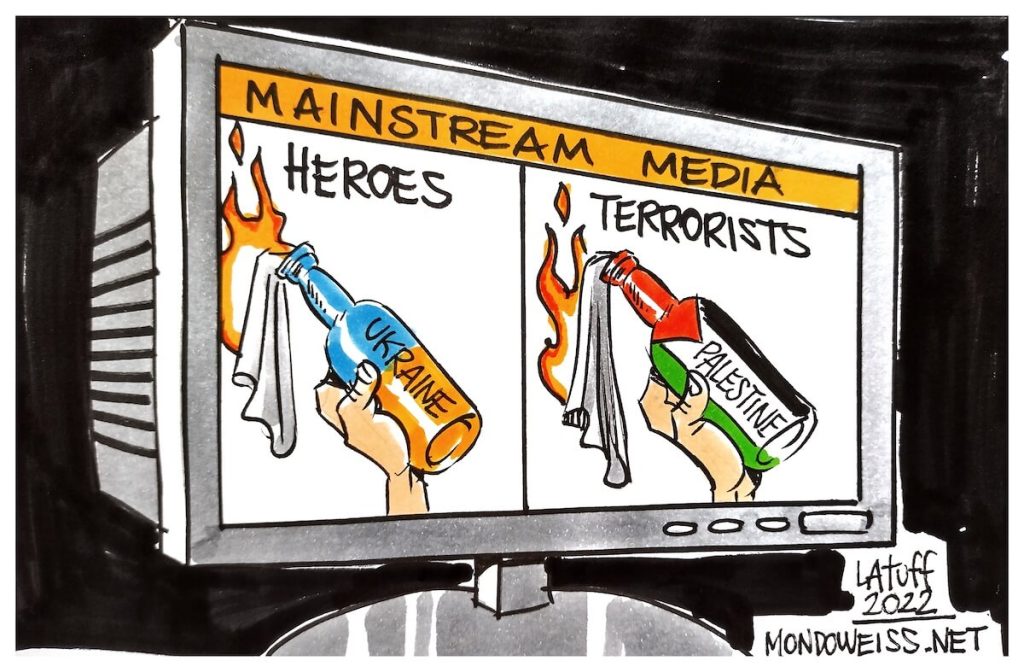Explore the complexities of the Israel-Hamas war in our in-depth analysis. Uncover the truth beyond headlines, dissecting misconceptions in the Israel-Palestine discord. Gain insights into the multifaceted narratives surrounding this enduring conflict.
Introduction
In the backdrop of the ongoing Israel Hamas war, we find ourselves immersed in a situation marked by intense geopolitical tensions. The Israel Hamas war has captured global attention, with the conflict escalating and drawing concern from various corners of the world. As we delve into the intricacies of this complex struggle, the Israel Hamas war unfolds as a multifaceted narrative, presenting challenges and opportunities for diplomatic resolution.
This article endeavors to delve deep into the intricacies of the situation, untangling the web of distorted narratives surrounding the Israel Hamas war. Titled “Israel Hamas War: Decoding the crisis beyond the headlines,” our exploration aims to provide a comprehensive understanding of the multifaceted dynamics at play. From misguided analogies to international responses and the looming threat of genocidal actions, we embark on a journey to unravel the complexities and offer nuanced insights into this enduring geopolitical quagmire.
Unmasking Misguided Analogies
The Israel Hamas War Chronicle: Challenging Analogies to Al-Qaeda and 9/11
The recent attack by Palestinian resistance groups on Israeli settlements has been compared to “Israel’s 9/11,” a comparison that is only serving to escalate tensions and fuel war in the region. This rhetoric is being used to construct a case seemingly aimed at justifying genocide.
Israeli and American officials, along with many of their supporters, have chosen to label Palestinian resistance attacks as “Israel’s 9/11,” establishing parallels between Palestinian groups and al-Qaeda, as well as drawing comparisons between Israel and the United States.
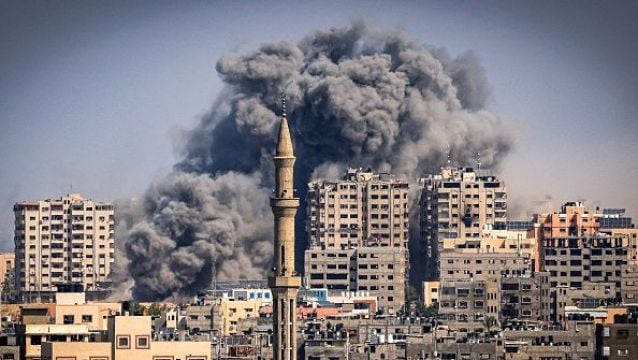
Political Statements and Exaggerations
Biden’s Remarks: Scrutinizing Rhetoric in the Israel Hamas War
The rhetoric emanating from political figures, particularly US President Biden, demands careful scrutiny. Equating the actions of Palestinian resistance groups to ISIS atrocities is not only hyperbolic but lacks substantiated evidence. Repetition of controversial claims about Hamas further complicates the narrative.
President Biden remarked, “If America were to undergo what Israel is experiencing, our response would be swift and decisive.” He went on to characterize the actions of Palestinian resistance groups as “savagery” and “bloodthirsty,” evoking memories of the worst atrocities committed by ISIS. Biden also reiterated controversial and unsubstantiated claims, asserting that Hamas engages in heinous acts such as “raping women” and “decapitating babies.”
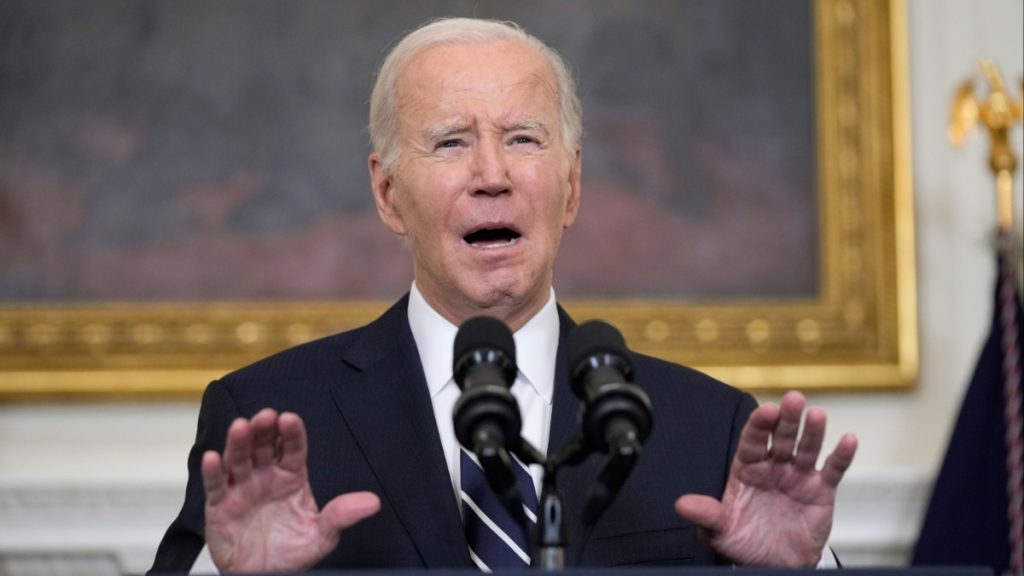
Biden administration’s response to Israel Hamas war viewed more negatively than positively
Roughly a third of adults (35%) approve of the Biden administration’s response to the Israel Hamas war, while 41% disapprove and 24% are not sure.
Republicans disapprove of the administration’s response to Israel Hamas War by about two-to-one (51% disapprove, 28% approve). Democrats are more divided: 44% approve of the administration’s response to Israel Hamas War, 33% disapprove and 22% are not sure.
Adults under age 30 are particularly disapproving of the administration’s response to the Israel Hamas War. Just 19% approve, while 46% disapprove. The administration’s response is viewed less negatively among older age groups.
International Responses: False Analogies Reinforced
Europe’s Stance: Symbolism and Misrepresentation Amidst the Israel Hamas War
In a demonstration of solidarity that perpetuates the false analogy of 9/11 and fosters the divisive notion of “us vs. them,” major European capitals adorned their most iconic buildings with Israeli flags. This gesture, akin to declaring “they are all Israelis,” mirrors the ill-fated declaration “they are all Americans” made after the tragic events of September 11 in New York and Washington.
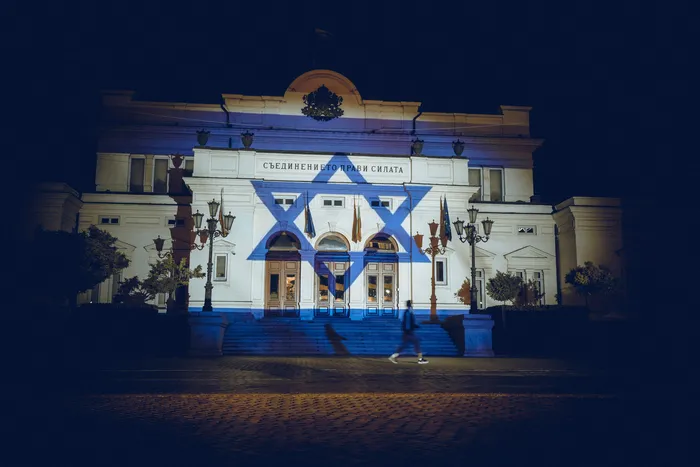
Israel Hamas War: A Clash of Perspectives
The ongoing Israel Hamas War is marked by stark differences in perspectives, intensifying with the condemnation of attacks and the Western endorsement of Israel’s defensive actions.
Hypocrisy and Double Standards
In a synchronized condemnation akin to a rehearsed orchestra, Western powers expressed their disapproval of the “unprovoked” attacks on civilians. Simultaneously, they declared unwavering support for the fervent Israeli cabinet, endorsing any measures taken to “defend” its people from perceived threats, often characterized as “Satanic.” The level of hysteria and hypocrisy displayed by these powers is nothing short of staggering, and its recklessness further complicates the intricate dynamics of the situation.
Published images and videos capturing recent events in Israel evoke a visceral reaction, yet the juxtaposition with the equally distressing images from Iraq, Afghanistan, Syria, Yemen, and Libya challenges the Western response. Decades of conflict in the Middle East, involving both the West and Israel, have resulted in not thousands but millions of casualties among Arabs and Palestinians.
It appears that, in the eyes of the West, Israel bears a supposed “duty” to defend its people. Meanwhile, the Palestinians seemingly lack the right to protect themselves, portraying a disconcerting notion of inequality. While Israel is granted the right to defend and expand its occupation and apartheid regime, the Palestinians find themselves restricted from expressing their despair or striving for freedom and justice, despite enduring seven decades of dispossession, oppression, and siege.
Double Standards: A Closer Look
Ursula von der Leyen, the head of the European Commission, labeled Russia’s attacks on civilian infrastructure, particularly Ukraine’s electricity, as war crimes. She denounced the act of cutting off electricity access as a terrible offense. However, the same condemnation is not mirrored when Israel takes similar actions against Palestinians in Gaza. This glaring double standard, where European eyes perceive Israel’s actions as legitimate defense, epitomizes hypocrisy and raises questions about consistent moral standards.
Reckless Analogies and Dangerous Narratives of Israel Hamas Conflict
Hysterical comparisons between the operations of Palestinian groups, including Hamas, and the tragic events of 9/11 are not only reckless but also pose a significant danger. Such analogies have historically served to justify wider wars, as witnessed in the lead-up to the invasion and occupation of Afghanistan and Iraq. These comparisons contribute to the demonization of Palestinian leaders and the dehumanization of the Palestinian people, potentially paving the way for genocide in Gaza.
Condemnation and Its Consequences
Demonizing Hamas, particularly by leaders of other countries, is a policy fraught with ugliness, dehumanizing the entire Palestinian population and serving as a stark example of racism. The false and hysterical analogy created by such condemnations may inadvertently provide Israel with a perceived green light to escalate its actions. This includes following up its ongoing illegal siege and indiscriminate bombing of the Gaza Strip with an even more devastating ground invasion, likely resulting in catastrophic consequences for the more than two million Palestinians residing there.
Escalating Tensions in Gaza
Determined Pursuit: Israel’s Intentions in Gaza
After four wars and a 17-year blockade, Israel has shifted its focus to a more determined pursuit: the destruction of Hamas by invading and reoccupying Gaza. This strategic move is marked by the call-up of approximately 350,000 military reserve soldiers and the deployment of 100,000 soldiers, along with a number of tanks, to the southern borders.
Humanitarian Corridor Dilemma
Simultaneously, efforts to establish a humanitarian corridor from Gaza to Sinai, ostensibly for the safety of civilians, raise concerns. The corridor, endorsed by Palestinian and Arab leaders, may inadvertently provide Israel with additional leverage to justify its impending actions, with the ultimate goal of driving Palestinians from their land.
Projected Ground Invasion: Implications for Gaza’s Population
Anticipating a ground invasion of densely populated Gaza, devoid of escape routes for its residents, raises serious humanitarian concerns. Such a conflict, expected to involve heavy weapons and bombing, could result in tens or hundreds of thousands of Palestinian casualties, making it the bloodiest urban conflict since World War II. The potential consequences extend beyond the immediate human toll, with catastrophic regional implications.
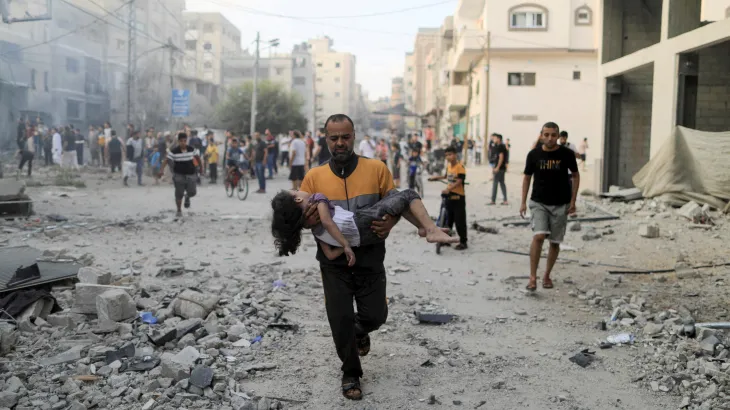
Statistics on the Israeli Genocide in the Gaza Strip
| Killed | Children | Women | Civilian | Wounded |
| 21,731 | 8,697 | 4,410 | 18, 460 | 49,645 |
Unanswered Questions: “The Day After”
Even if Israel successfully reoccupies Gaza, questions about the aftermath linger. Will the territory be handed over to self-governing organizations in Ramallah? Is there a long-term plan for Gaza’s residents, ensuring access to essential services and food? Can Israel quell the idea of Hamas as a resistance movement against occupation? These critical questions remain unanswered, underscoring the uncertainty surrounding the potential aftermath of a genocidal invasion.
Regional Escalation: Signs of Wider Conflict
As signs point to the spread of the war to the north and east, Israel finds itself in a position to expand its circle of destruction. This trajectory raises concerns about the involvement of the U.S. and its newly deployed navy in yet another destructive regional war, adding to two decades of constant warfare.
A Call for Diplomacy
As tensions escalate, it is crucial for Western powers to adopt a mature and diplomatic approach. Decades of war, occupation, and human suffering caused by their policies necessitate a departure from parroting rejected narratives and stereotypes. It is a call for Western powers to exhibit mature behavior, acknowledging that there is no military solution to the Palestinian tragedy. The imperative now lies in embracing a political and diplomatic approach to address the root causes of the conflict.
 Arab24 اخر اخبار الوطن العربي
Arab24 اخر اخبار الوطن العربي
